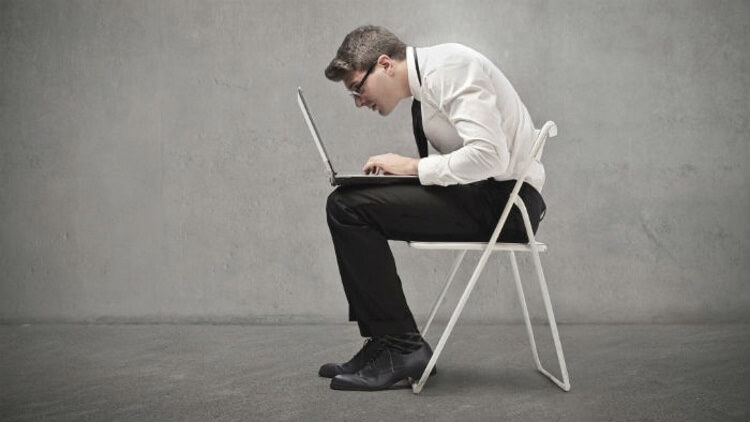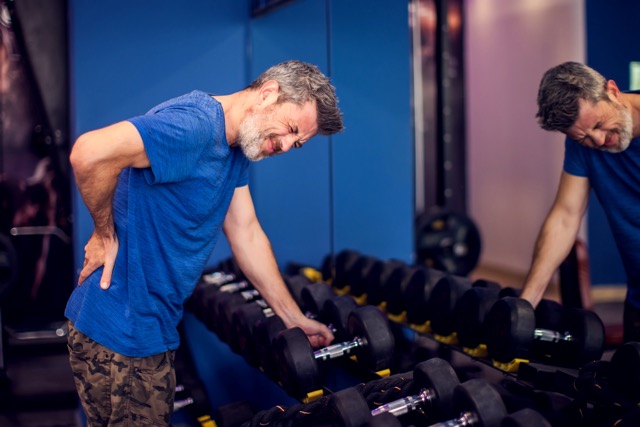Lately, there’s been a lot of debate about slouching and its negative health effects. There really are people in this world who don’t believe it’s important whether you slouch or not.
But think about it. What are the semiotics of slouching? When you picture someone who’s not feeling well, or is sad/depressed, what’s the mental image?
Slouching.
Slouching may indicate low self-esteem, torpor, fatigue or a lack of confidence. Let’s just be honest and agree that slouching doesn’t send the message you want to send to the world looking on.
But let’s talk about the health consequences of slouching, because there are many more than just back pain, headaches and neck pain (as though they weren’t enough).
Inhibits breathing
Slouching (especially when you sit) inhibits the work of your lungs. This is even more the case if you’re carrying extra weight. There’s a reason that musicians sit upright to play. This position allows the free flow of air and helps maintain alertness and focus.
Slows digestion
When you slouch, you’re reducing the space in which your internal organs function. This can lead to constipation, indigestion and other problems with your digestive system. Sitting up straight and getting up to move around at intervals helps to minimize this problem.
Affects overall mood
An alarming side effect of habitual slouching is that it affects your mood. When you’re not in command of the way you sit, you’re risking exacerbating existing life challenges to the point you may even develop depression. Energy levels are also significantly reduced.
Impacts performance
Sitting for long periods while slouching can also profoundly affect your work performance. When your body isn’t working at optimal efficiency (due to all the factors above), you lose focus and stamina.
Risk of varicose veins
Just as standing for long periods can produce spider and varicose veins, so can sitting for long periods. This is especially true when slouching makes matters worse.
When you’re sitting in a position which compresses your circulatory system, you’re inviting problems.
Solve the problem
Slouching isn’t a good look on anyone. It’s symbolic of defeat, depression and low confidence. When you do it at work, the impression you give co-workers and superiors is that you don’t care. How far is that going to get you in your career?
Not very.
So, it’s time to solve the problem. Start by consciously changing the way you sit at work. Your rear end should up be against the chair back and your feet, flat on the floor. Your shoulders should be relaxed and your head in a neutral position (not craning forward).
To assist in your efforts, choose the right chair, ensuring it’s adjustable for maximum support. Ensure that your computer screen is adjusted in height so that when you look at it, you’re seeing the center of the screen, without craning, looking up or down.
Finally, change your position often. Get up and walk around or change your workstation to a sit/stand arrangement to break up long periods of sitting.
Need posture correction? Contact me. Let’s straighten you out!



